Vomiting, uncontrollable shaking, coercion: PTSD surge in new mums
New mothers are vomiting and uncontrollably shaking as they drive past the hospitals they gave birth in as PTSD cases rise and outnumber post-partum depression, peri-natal experts warn.
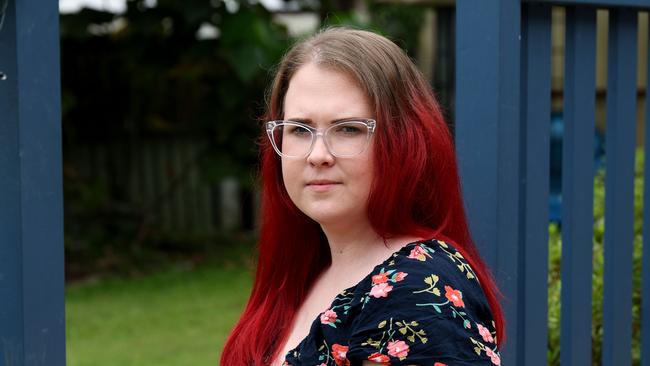
QLD News
Don't miss out on the headlines from QLD News. Followed categories will be added to My News.
New mothers are vomiting and uncontrollably shaking as they drive past the hospitals they gave birth in as PTSD cases rise and outnumber post-partum anxiety and depression, peri-natal experts warn.
Veteran peri-natal psychologist and midwife Heather Mattner said more than 30 per cent of women report peri-natal PTSD, but the number was likely much higher “as many women just suffer without help, while one in five deal with post natal depression and anxiety,”
“Women are often dismissed when it comes to birth trauma but their nightmares, flashbacks and fear of having no control are as real as anyone dealing with the aftermath of car crashes or war horrors — there is a broad range of experiences and it’s not a competition,” Dr Mattner said.
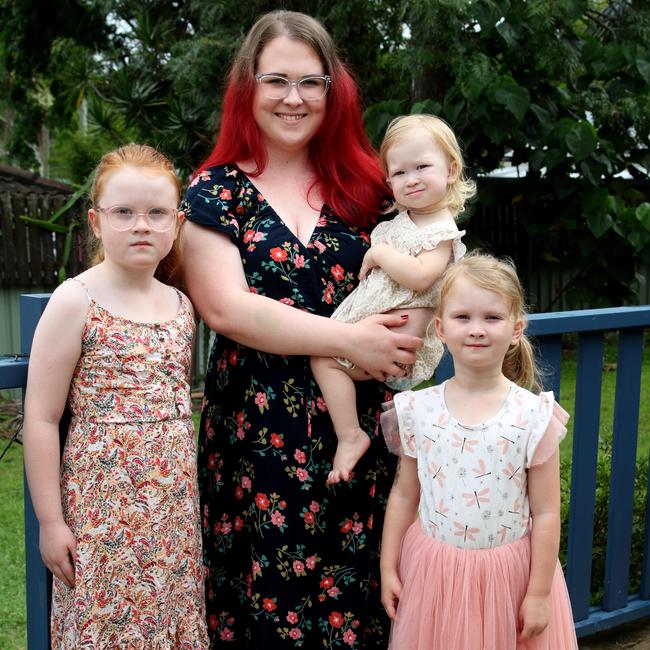
“Peri-natal PTSD is a growing problem and needs addressed.”
A new survey of more than 1200 women by the Maternity Consumer Network highlights the extent of birth coercion with one in two women reporting they have been forced into making decisions they did not want and one in five saying that half or more of their decisions were made with coercion from their care provider.
“These are truly shocking statistics on how unsafe women feel during a time of extreme vulnerability in the peri-natal period. We often have complaints from women about coercion and feeling like they don’t have choices during birth,” Alecia Staines from the network said.
Dr Mattner said that women are becoming more empowered about their rights through online support networks or community groups.
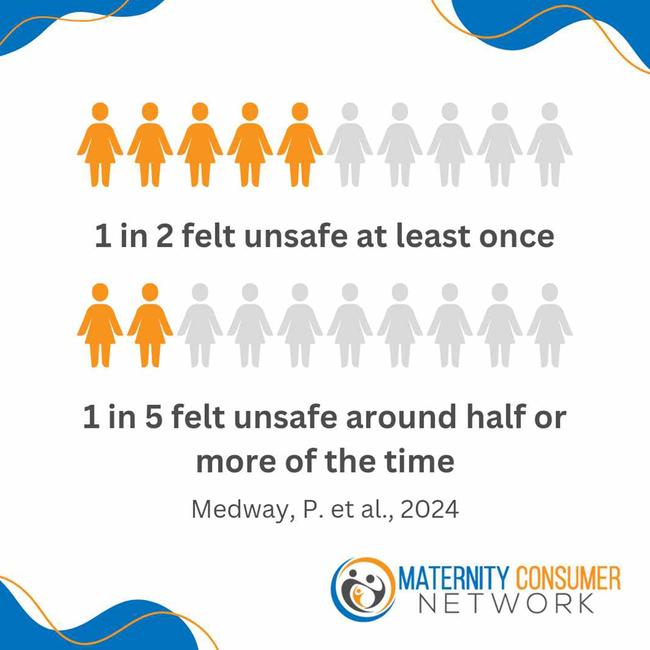
“In the past women did not feel they had the power to question their doctors, the message was ‘you are lucky to have a healthy baby’ and nothing else was important. But today there is also a massive risk aversion in the obstetric world and women are told if they don’t comply their baby may die,” she said.
“Of course the aim is to have a healthy baby but women should not be leaving hospital with a healthy baby and they themselves unnecessarily broken and unable to function as a mother.”
The psychologist said that respect for the mother and working as a team with the care provider should be a priority.
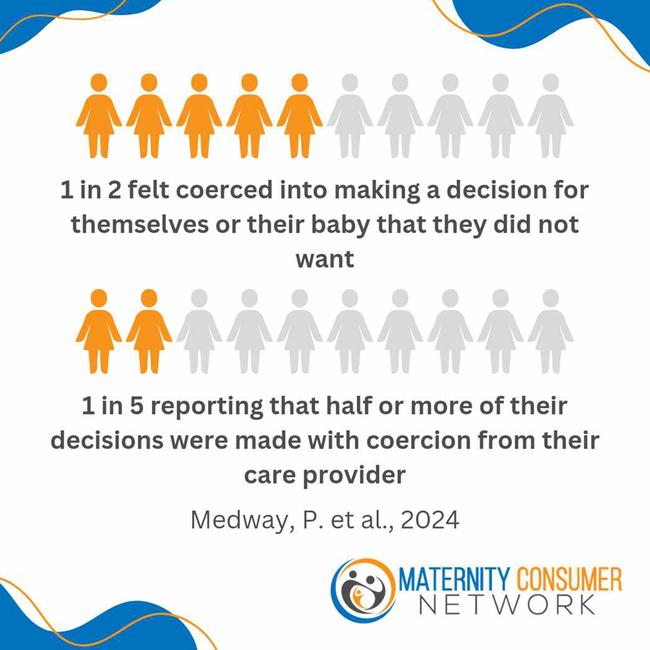
Springwood mum of three Mikaela Wilkie has been diagnosed with PTSD.
At 22 her first pregnancy was difficult. She had pre-eclampsia and the baby needed to be born at 32 weeks.
“I felt like I was in a spin with no control over what was going on. As I was being wheeled into theatre for the C-section I was stopped and told I could go for an induction instead if I wanted but the baby would be at risk. I was blindsided. Of course I went for the C-section as I didn’t want to put my premmie baby at risk but felt unsure about what was going on,” she said.
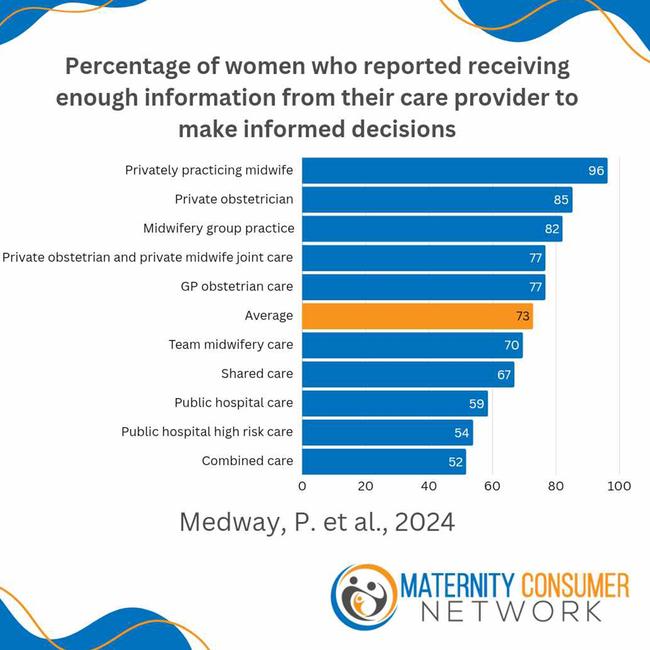
Ms Wilkie said during her second birth she experienced an agonising internal exam but no one would listen when she said she needed it to stop.
Her third baby was born with no problems.
“I ended up with nightmares, flashbacks panic attacks, high anxiety and am triggered years later. I had counselling to help me cope. This is a very real problem,” she said.


